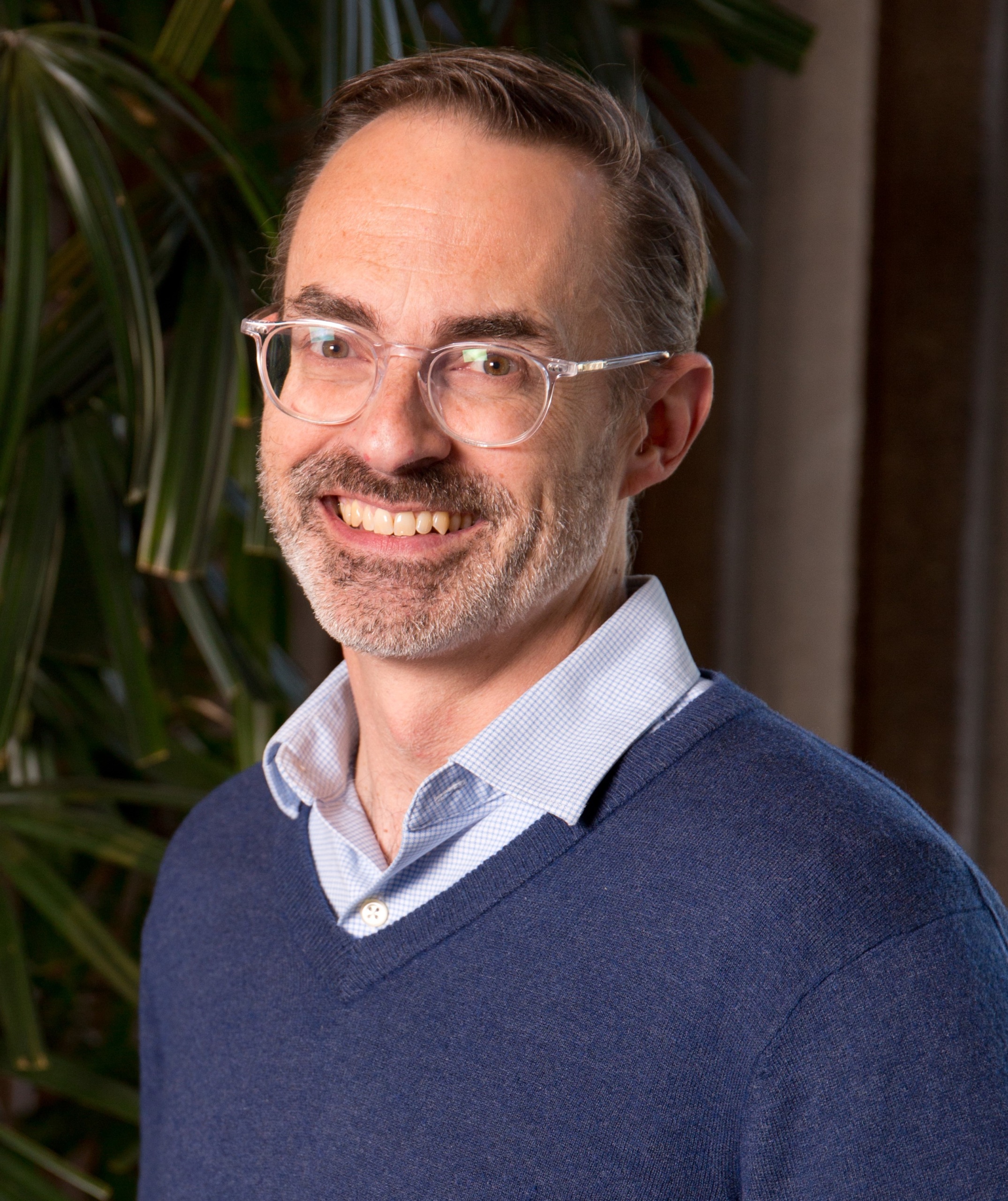
Gone Solar
It’s been three weeks since we flipped the big red switch on the side of our house, allowing our family’s new solar panels to start feeding electricity into the grid. It’s been an eye-opening experience in so many ways.
It’s been three weeks since we flipped the big red switch on the side of our house, allowing our family’s new solar panels to start feeding electricity into the grid. It’s been an eye-opening experience in so many ways.
First, the experience has been validation that solar energy really does work. That seems like a silly thing to say – I’ve been working on renewable energy issues for a decade, so of course I know solar energy works. But it’s one thing to know it intellectually and another thing to see it at work, day after day, in one’s own home. As of today, we’ve produced just about as much electricity as we’ve used since we flipped the panels on (we vary from net producers to net consumers daily depending on the weather and the kids’ production of dirty laundry). It’s exciting to imagine that more or less continuing for 5, 10, 15 years into the future.
Second, it’s been a confirmation of the power of early adoption. There’s been an increasingly loud, if ultimately silly debate in the wonk world about whether climate policy should focus on innovation (the creation of bold new technologies) or deployment (massive implementation of the flawed but useful technologies we already have). It’s a silly debate because the correct answer is, obviously, “both.” But the experience of having our own solar panels brings me down ever more on the “deployment” side of the ledger. Our decision to put highly visible solar panels on our roof – to “let our freak flag fly,” as it were – has done far more to educate my neighbors about solar energy than any report I’ve ever written. People stop and ask us questions while walking their dogs. They want to know how we did it, whether it’s working, how much it costs. Not only do they now know, intellectually, that solar power exists, but someone they know – someone just like them in their neighborhood – has gone ahead and done it. Some of those folks might look into doing it themselves. But even if they don’t, I bet that they look at energy just a little bit differently – and that may someday expand the boundaries of what’s possible on both energy policy issues and on protecting the climate.
Third, it’s been a verification that the most important advances in solar energy aren’t about making solar cheaper, but rather about making it easier. We ultimately opted to go the third-party leasing route – a company installed and will maintain the panels on our rooftop for a fixed period of time for a set leasing fee, with us gaining the benefits over time in reduced electricity bills. The whole process was straightforward and simple, there was only a minimum of paperwork and, after some delay for the paperwork to clear, the installation took a grand total of two days. A total piece of cake.
Lastly, the experience was a reminder of the power of public policy support. Ultimately, we only have solar panels because of the generosity of the taxpayers of Massachusetts and other states who supported our decision to “go solar” and whose financial incentives are rolled into the cost of our lease. Not that we’re not taking risks – after all, we were the people who took the initiative, endured the (mild) inconvenience of installation, and will bear the financial burden if electricity costs suddenly decline. But, for now, solar is making inroads in Massachusetts because there is money to be made, and there is money to be made only because states have stepped to the plate.
Ultimately, those financial incentives will lead to more competition, more innovation, lower costs and better service as solar energy providers duke it out to become the leanest, most effective organizations they can be. That’s happening even as we speak. In time, the need for those incentives will decline and disappear entirely.
For now, though, policy issues aside, I’m happy in my new status as a clean energy producer. And I hope I have lots more company soon.
Authors
Tony Dutzik
Associate Director and Senior Policy Analyst, Frontier Group
Tony Dutzik is associate director and senior policy analyst with Frontier Group. His research and ideas on climate, energy and transportation policy have helped shape public policy debates across the U.S., and have earned coverage in media outlets from the New York Times to National Public Radio. A former journalist, Tony lives and works in Boston.
